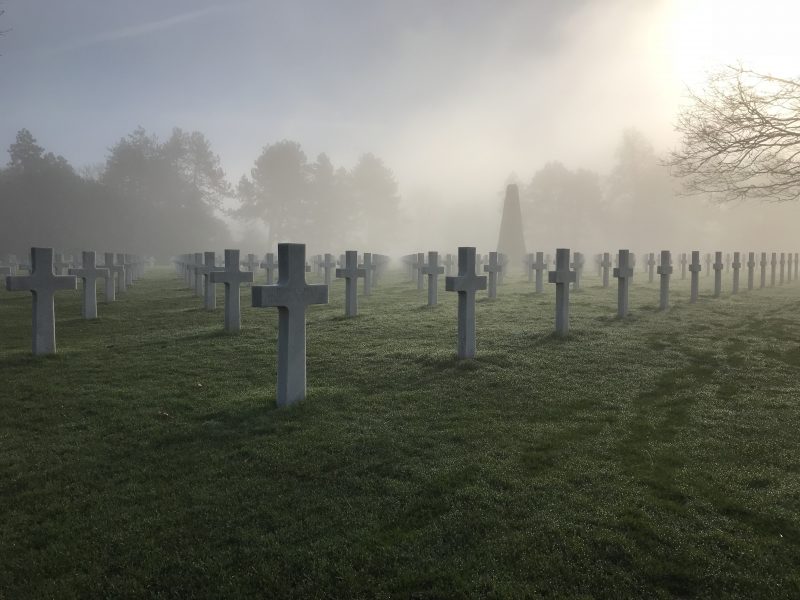Saving Private Ryan is perhaps the most iconic WWII film ever made. Its depiction of the Normandy landings drew critical acclaim when the film premiered in 1998, leaving many viewers breathless.
The film was lauded at the Oscars, winning in five categories, and was honored at many other award ceremonies. It is seen as a fitting tribute to the American troops who landed in France and thereby opened the second front in Europe, an event which would eventually lead to the final defeat of Nazi Germany.

The first 27 minutes of the film offers an incredible insight into the horrors of Omaha Beach landings, which took place on June 6th, 1944, as the main characters battle almost seemingly impossible conditions while being pinned down on the beach. What strikes people the most is the realistic depiction of the landing, as it doesn’t present the soldiers as superheroes, but rather as confused and scared men who are simply doing their best to survive.
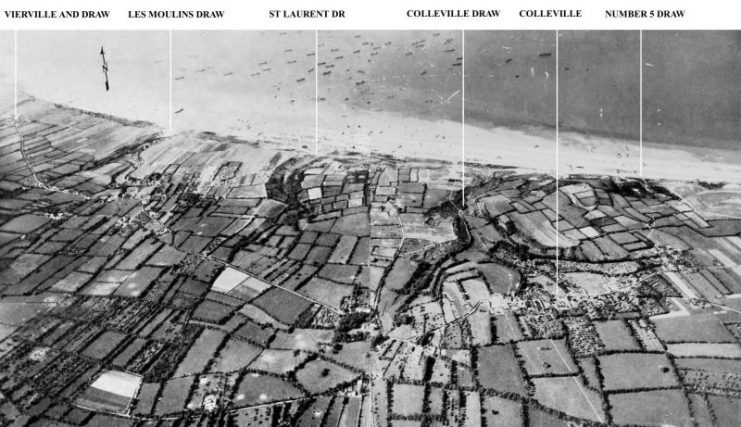
The film made a huge impact on the American public upon its release. The younger generations were especially affected by the film, often saying how it helped narrow the generation gap between WWII veterans and those lucky enough never to have witnessed the horrors of war.
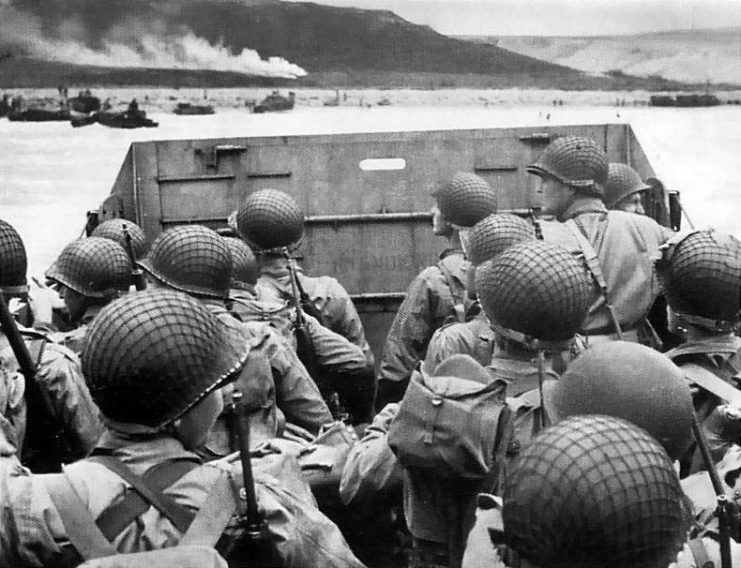
The film definitely provided a glimpse of the hell on earth that was unleashed on D-Day, but it also brought back some painful memories for those who had experienced the event some 54 years before the film was made.
In a period of two weeks from when the film was first screened, the Department of Veterans Affairs had to increase staffing on its telephone counseling line, as numerous veterans were disturbed by the film and were compelled to seek professional help. There were more than 100 phone calls during this time, which was more than the department had received in years from WWII vets.
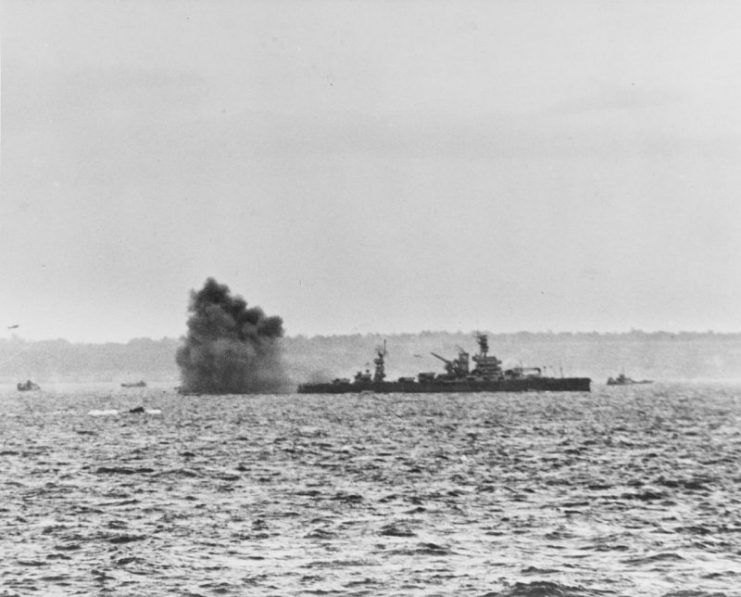
According to experts, the reason behind this surge of calls for help is the different perception in the public’s eye of WWII veterans as compared to the veterans of wars that came afterward, such as the Vietnam War or Gulf War. At home, the men who risked their lives on the beaches of Normandy were perceived as heroes and heroes aren’t allowed to show emotion.
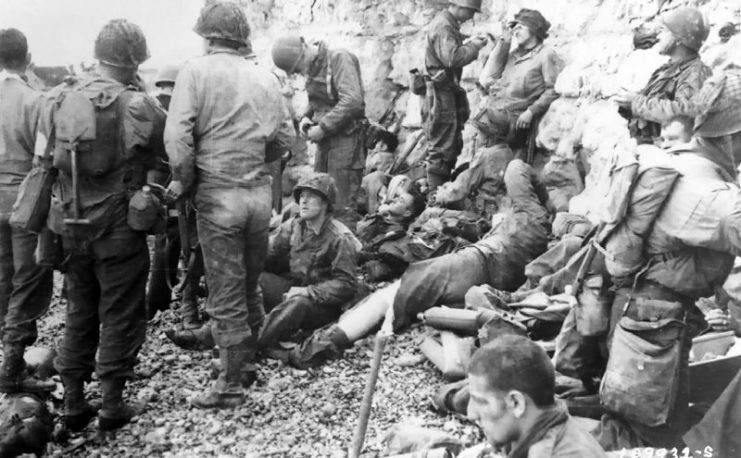
Also, the generations that fought in WWII were children of the Great Depression, raised not to complain much and to suppress their feelings, to grin and bear it. Thus, the explosion of emotion that occurred during the initial screenings, which many surviving veterans had been invited to see, was both natural and terrible. It also meant that audiences across the country had a chance to see first-hand the trauma caused by war.
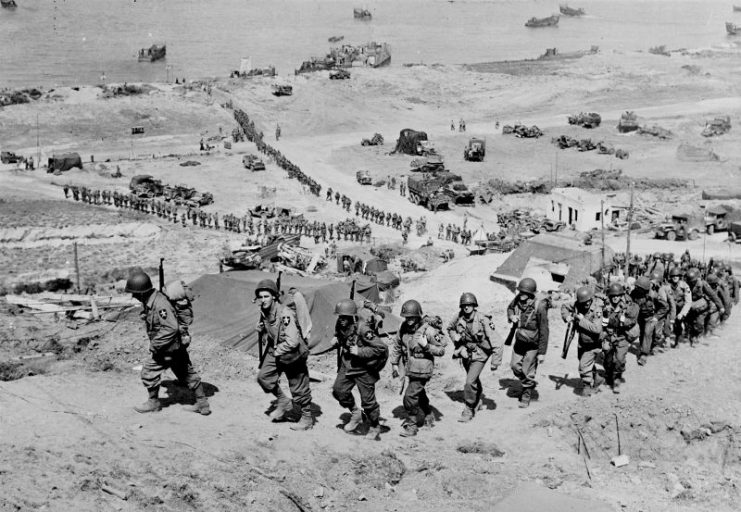
Dr. Bill Weitz, a clinical psychologist and team leader at a VA outreach facility in West Palm Beach, Fla., has counseled several veterans who have seen the film. Although the film was made as a tribute to WWII veterans, Weitz says they weren’t the only ones who have felt overwhelmed.
Richard White, who served as an army sergeant leading a mortar crew during the Vietnam War, confined to Weitz after seeing Spielberg’s war epic:
I was a whimpering, sobbing pile of blubber. I was very embarrassed and didn’t want to be in that state of mind, but I couldn’t help it. You feel that terror. I was in Vietnam, and [the movie] was WWII, but it was familiar.
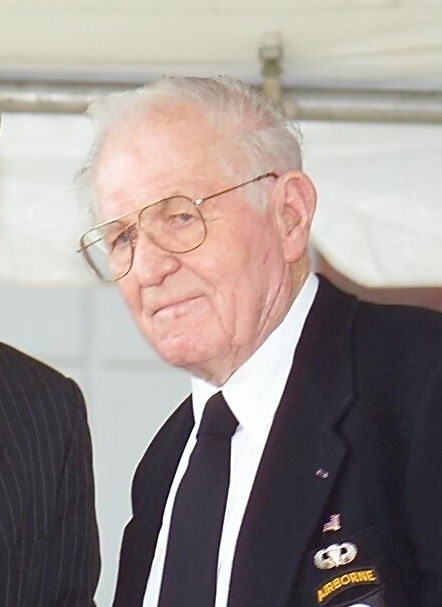
The experience of seeing such a realistic depiction of combat triggered the return of the post-traumatic stress disorder (PTSD) among many of the veterans who saw it, causing them to feel deeply uncomfortable, to say the least. But, nevertheless, they agreed that it is an important film, one which transcended their horrific experiences onto the big screen and immortalized their deeds for generations to come.
A former member of the 101st Airborne who parachuted into France during D-Day, Dick Winters, stated in the LA Times in 2004, concerning the difficulty of describing in such detail this traumatic experience:
It’s hard to talk to someone who wasn’t there. It’s not just the memories. They don’t know what questions to ask.
Winters sent more than 100 letters to his friends, urging them to see Saving Private Ryan in a theater:
I think they’ll get the feel of it. . . . After they’ve seen it, they’ll know why I came home after the war and insisted we buy a farm ― for peace and quiet.
